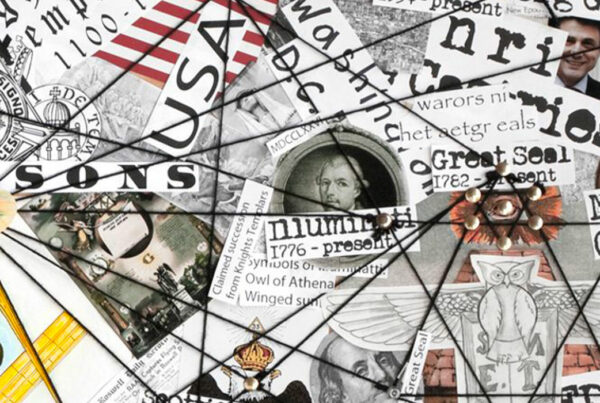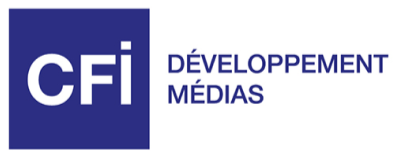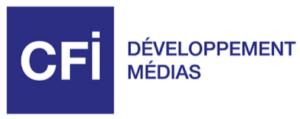The Munich Charter, officially titled Declaration of the Duties and Rights of Journalists, is a fundamental text on journalistic ethics in Europe. Adopted on November 24, 1971, in Munich by journalist unions from six countries of the European Economic Community (Germany, Belgium, France, Italy, Luxembourg, and the Netherlands), as well as from Switzerland and Austria, it establishes the essential ethical principles governing the journalistic profession.
1- History of the Munich Charter
The Munich Charter builds on earlier efforts to codify the ethical principles of journalism. It was inspired in particular by the Charter of Professional Duties of French Journalists, drafted in 1918 and revised in 1938. The aim was to harmonize ethical standards at the European level in response to the growing challenges facing the profession. Since its adoption, the Munich Charter has become an essential reference in matters of journalistic ethics.
2- The 10 Duties of Journalists according to the Munich Charter
- Respect the truth: Publish accurate information, regardless of the consequences, because of the public’s right to know the truth.
- Defend freedom of information: Support the freedom to inform, to comment, and to criticize.
- Publish verified information: Only disseminate information whose origin is known or accompany it with the necessary caveats; do not distort texts or documents.
- Use fair methods: Avoid using unfair means to obtain information, photographs, or documents.
- Forbid plagiarism: Do not commit plagiarism and always cite colleagues when reusing their information.
- Correct errors: Rectify any published information that turns out to be inaccurate.
- Respect professional secrecy: Protect journalists’ confidential sources of information.
- Forbid defamation: Avoid baseless accusations, defamation, and unproven allegations.
- Do not confuse journalism with advertising: Refuse any confusion between journalistic work and advertising or propaganda.
Refuse pressure: Resist any form of pressure and only accept editorial directives from newsroom leaders.
3- The 5 Rights of Journalists according to the Munich Charter
- Free access to sources of information: Journalists must be able to access all sources of information freely and be allowed to investigate without hindrance on all matters of public interest.
- Right to refuse subordination: Journalists have the right to reject any directive or subordination that goes against the principles of the Charter.
- Conscience clause: In the event of a significant change in the orientation of the press company, journalists may cease to collaborate while retaining the guarantees provided by collective agreements.
- Access to editorial decisions: Journalists must be informed of important decisions affecting the life of the press company.
- Fair collection of information: Journalists are entitled not only to the benefits of collective agreements, but also to an individual contract ensuring their material and moral security, as well as remuneration that reflects their social role and is sufficient to guarantee their economic independence.
The Munich Charter remains a cornerstone of journalistic ethics, guiding information professionals in the exercise of their mission in the service of the public.






